Become A Citizen Scientist With FrogWatch USA!
By Thomas Waser In Cold Blooded CreaturesWe’ve seen quite a bit of rain over the last few weeks, and now as the temperatures start to rise, the Virginia Living Museum FrogWatch USA chapter is preparing to take to the field once more! One of the museum’s conservation initiatives, FrogWatch USA is a nation-wide citizen science program that observes and records data on native frog and toad populations. We rely heavily on our dedicated volunteer “froggers” for this data collection and we want YOU to join in on the amphibian action!
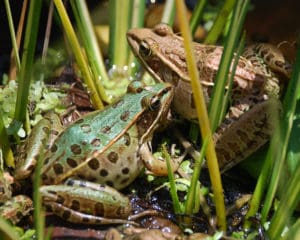

Photo Credit: Karl Rebenstorf
What is “citizen science”?
Citizen science is pretty much exactly what it sounds like: scientific studies largely being conducted by regular citizens. It’s a community based study that allows the general public to directly input data, thus greatly increasing the area and effectiveness of study! In the case of FrogWatch, this is critical to the program’s success; a small group of biologists would only be able to sample a small study area for a limited window of time. However, by relying on public observations, we can collect vast amounts of data all across the country, year after year!
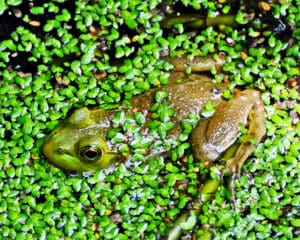

Photo Credit: Karl Rebenstorf
What is FrogWatch USA?
Created by the Association of Zoos and Aquariums, FrogWatch USA is a citizen science program with over 150 chapters across the United States. FrogWatch volunteers monitor frog and toad populations across the country, and upload their observations to a national database called FieldScope. The data collected on FieldScope is utilized in a variety of studies and land management strategies because it is such an effective means of large-scale population monitoring! Because frogs can be difficult to spot, volunteers are trained to identify different species by their unique breeding calls rather than by a visual observation. This also allows them to make a vague estimate about the population density based on whether just a couple frogs can be heard or an explosive chorus!


What if I don’t know anything about frogs?
Our volunteers come from a wide range of educational and professional backgrounds. It doesn’t matter if you have a PhD in Herpetology or if you just know that frogs are little green things that jump; we will teach you everything you need to know! We will cover basic frog/toad/amphibian biology, introduce you to the ecosystems that frogs and toads call home, and of course train you to identify these animals by their unique voice. Many of our volunteers have little to no scientific background; this is the beauty of citizen science as it allows people to engage in research where they might otherwise never have an opportunity!
Does it require a lot of time? What are the costs?
The FrogWatch program and training are completely FREE (in fact, we’ll even provide food during the training!). You will get a free folder containing data sheets, site registration forms, a frog guide pamphlet, and frog call CD at the start of the session. While you can always purchase additional materials such as guide books, everything you need to be an active FrogWatch volunteer will be provided to you at no charge! FrogWatch also requires only a limited amount of your time and effort (not many people want to spend a lot of their free time looking for frogs!). In fact, the biggest time commitment is simply the training. Two training sessions are held a week apart (you must attend both) and generally run 3-4 hours. Once that’s done, the chapter requires very little of your time: each data collection period is only THREE MINUTES long and can be conducted in your own backyard if conditions are right! Just a few minutes of your time each month (or even year) can provide the program with valuable data!
How do I join up?
You can contact the chapter coordinators to schedule your training. If you are unable to attend a session this year, we can also put you on our contact list and schedule you for an early training session next year. We look forward to hearing from you, and getting you prepared to be a citizen scientist!
Travis Land (travis.land@thevlm.org)
Thomas Waser (thomas.waser@thevlm.org
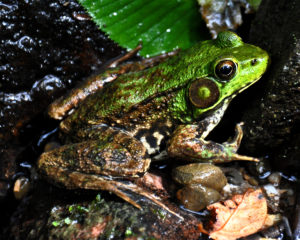

Photo Credit: Karl Rebenstorf



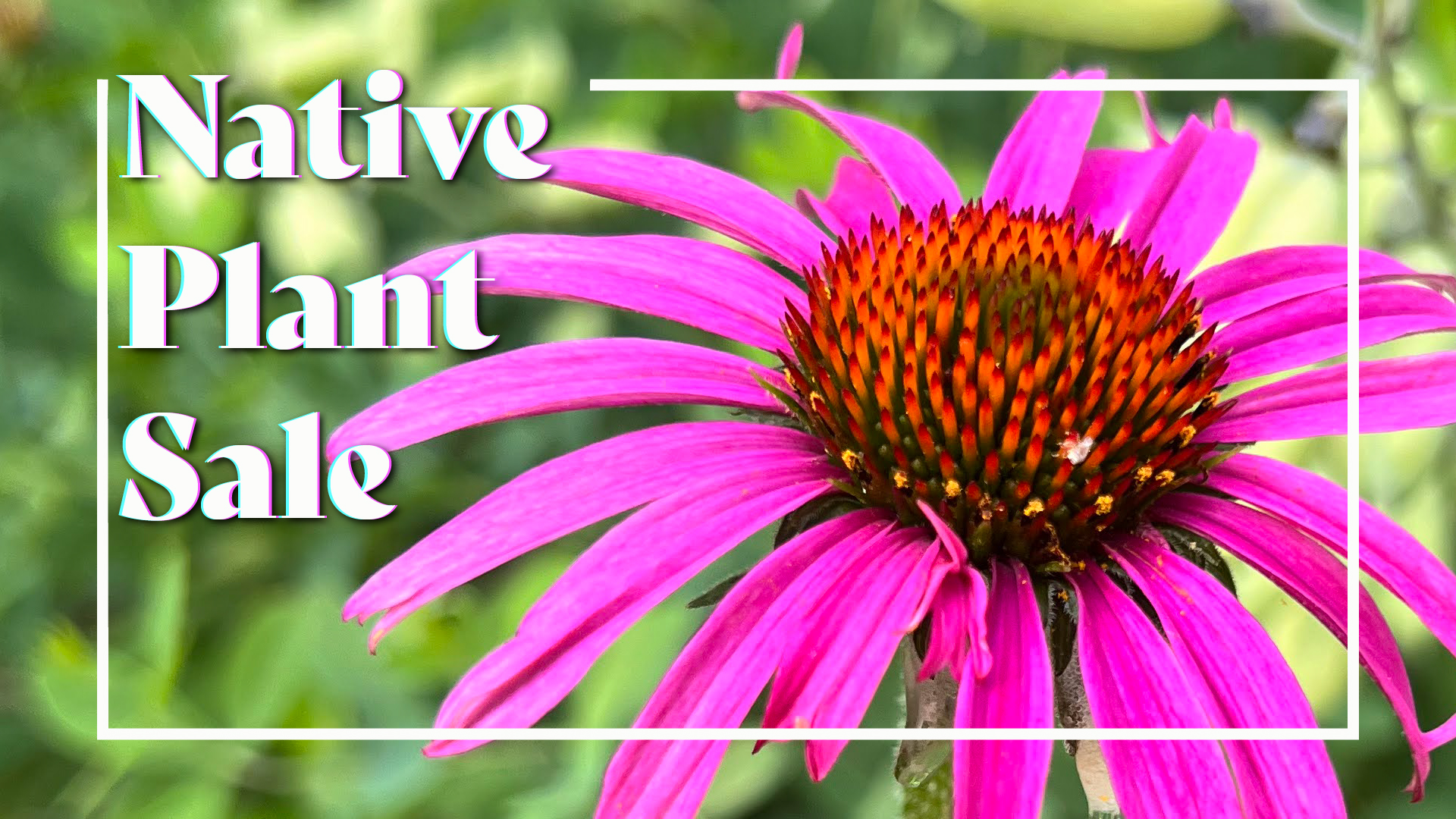

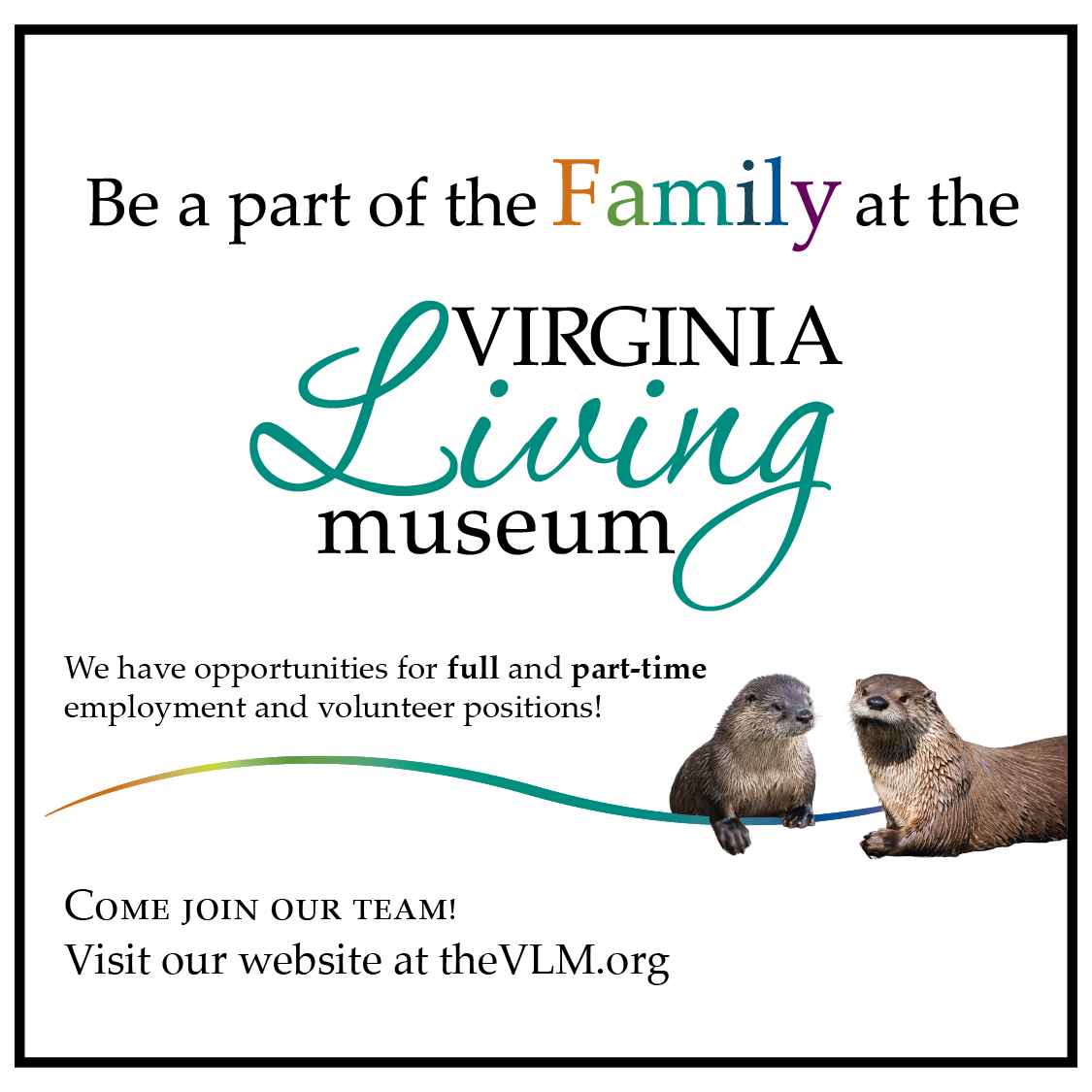
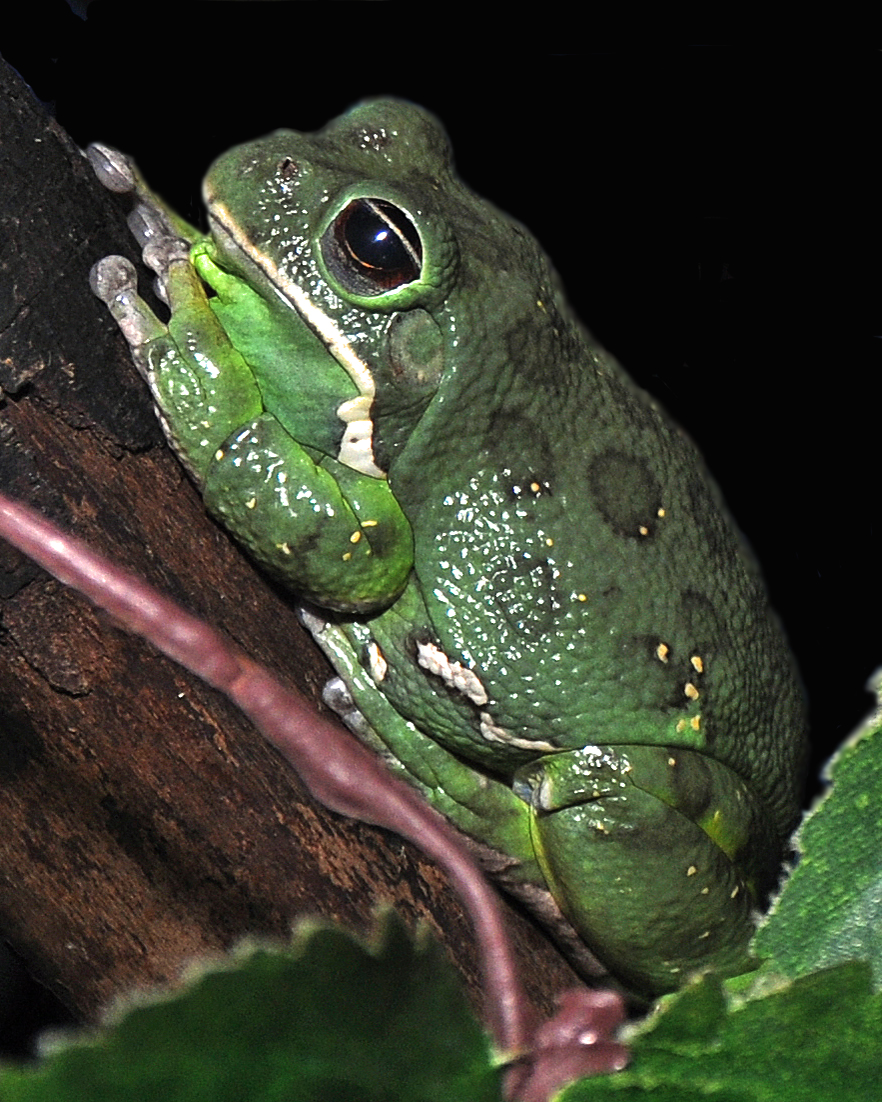
No Comment
Sorry, the comment form is closed at this time.